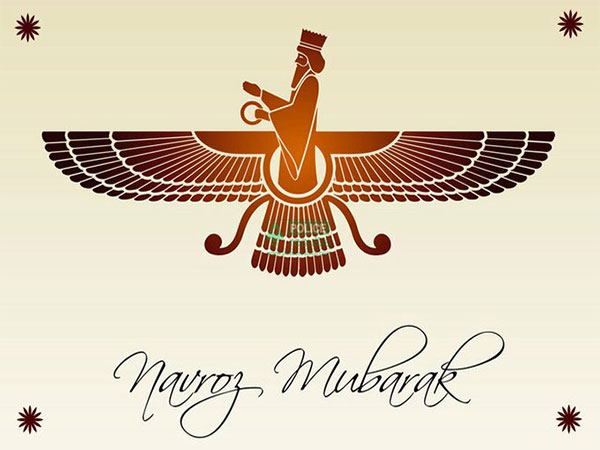Navroz is here! The festival is celebrated by Parsis all across the world. Navroz marks the first day of Farvardin, the first month in the Zoroastrian calendar, also known as the Shahenshahi calendar.
Although this Parsi New Year is observed across the globe on March 21, around the time of the vernal equinox, Parsis in India use the Shahenshahi calendar, which does not account for leap years. Due to this, India celebrates the Parsi New Year roughly 200 days after the rest of the globe. Parsis also observe Navroz in the month of August. Navroz 2023: History and Significance
Advertisement
Navroz celebration is believed to date back to the time when Prophet Zarathustra founded Zoroastrianism, one of the earliest known monotheistic religions in the world, in Persia (now Iran). It was one of the most important religions in the ancient world until the emergence of Islam in the seventh century.
During the Islamic invasion of Persia, several Persians fled to India and Pakistan. Since then, their festivals have become a part of Indian festivities and are celebrated by people from diverse cultures.
For followers of Zoroastrian philosophy, this day represents the time when everything in the universe is completely renewed. Jamshed, a monarch of the ancient Sasanian Empire, is credited with introducing the Parsi calendar. Hence, this holiday is also called Jamshed-i-Nouroz.
Celebration of Parsi New Year
Nowruz is made up of the words “now” and “ruz,” which respectively denote “new” and “day”. On this occasion, Parsi families across India, especially in the states of Maharashtra and Gujarat as they have a sizeable Parsi population, visit the holy temples to offer prayers.
They also prepare traditional Parsi dishes like Farcha, Berry Pulao, and Jardaloo Chicken, among several other things. Parsis also believe it to be a day of remittance of sins and a time for repentance.
